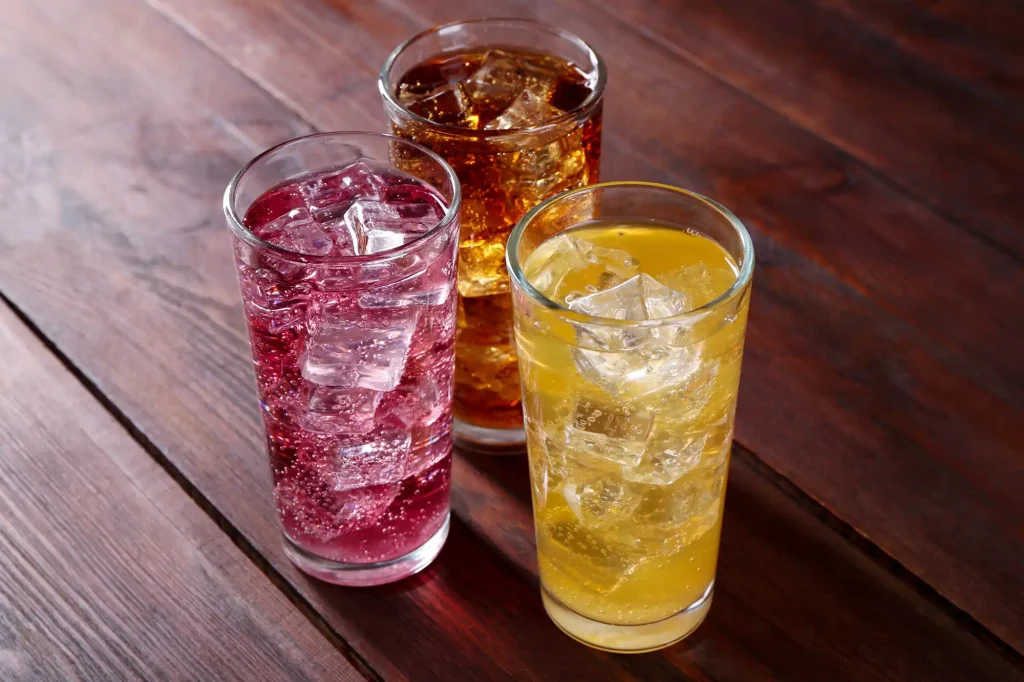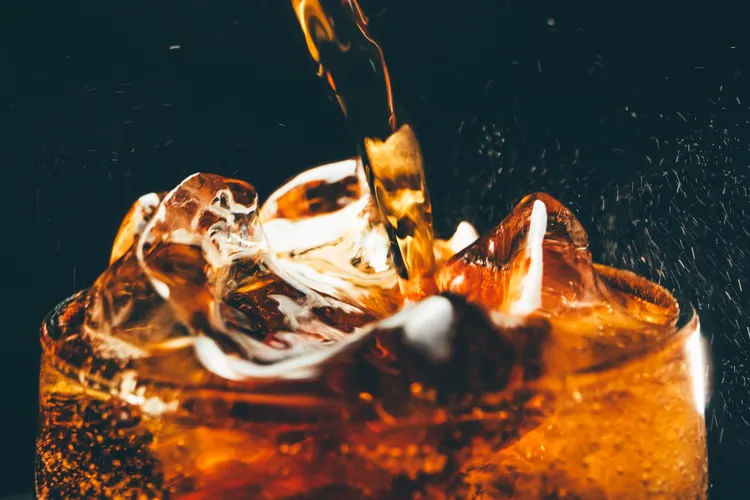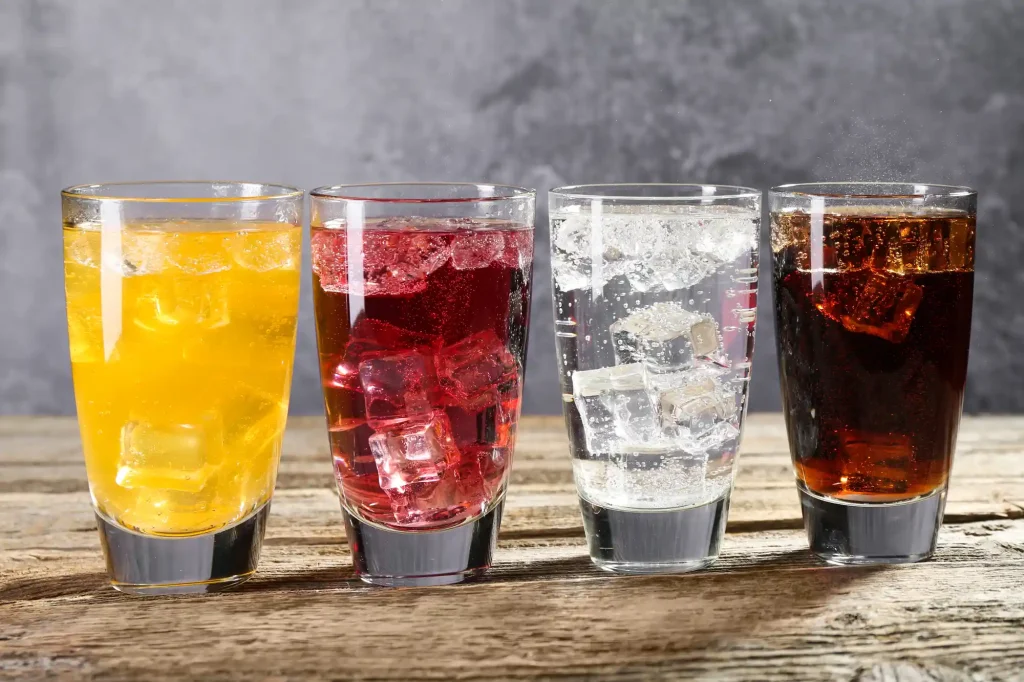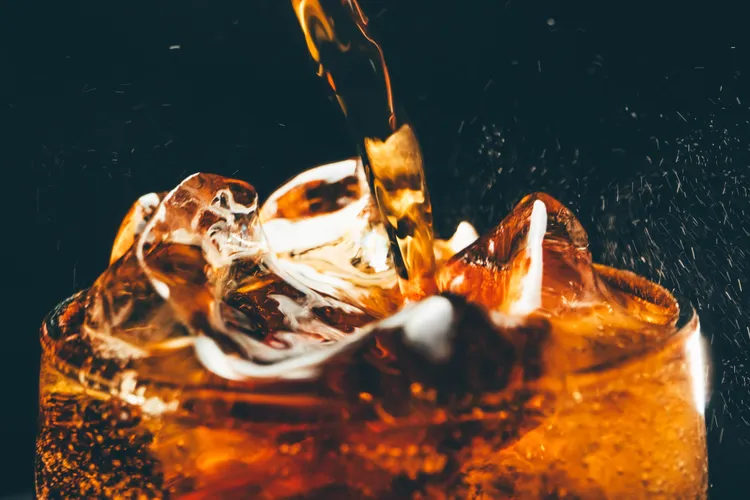New Study Reveals Drinking Less Than One Can of Soda Daily Raises Risk of Deadly Liver Disease — and Diet Soda May Be Even More Dangerous
For millions of people, soda feels like an innocent indulgence — a quick refreshment during a meal or a sweet pick-me-up during the day. But new research is revealing something far more alarming: even less than one can of soda a day may be enough to significantly raise the risk of a deadly liver disease. And surprisingly, the diet versions — often marketed as “healthier” alternatives — might be even worse.
The study, published in a major medical journal, examined the long-term health data of adults who regularly consumed sweetened beverages, whether sugar-filled or artificially sweetened. What researchers found was deeply concerning. People who drank less than one can of soda a day were 50% more likely to develop metabolic dysfunction-associated steatotic liver disease (MASLD), a condition formerly known as nonalcoholic fatty liver disease. Those who chose diet sodas, filled with artificial sweeteners instead of sugar, faced an even higher risk — about 60%.

MASLD occurs when too much fat builds up in the liver, even in people who don’t drink alcohol. It’s often linked to insulin resistance, obesity, and inflammation, and in severe cases, it can progress to liver failure or cancer. Because the disease develops quietly, many people don’t know they have it until it’s already advanced.
The findings have left many health experts urging people to rethink their beverage habits. For years, soda consumption has been tied to obesity and diabetes, but this new data shines a spotlight on the liver — an organ already burdened by modern diets and sedentary lifestyles. Even a modest daily intake, something as simple as splitting a can with lunch, can add up over time, affecting how the body processes sugar and fat.

One of the biggest surprises in the research was that diet sodas weren’t a safer choice. Many people turn to zero-sugar or low-calorie sodas hoping to cut back on sugar-related health risks. However, artificial sweeteners like aspartame and sucralose may disrupt gut bacteria and insulin sensitivity, indirectly harming the liver. This means the “lighter” option could actually be tricking the body into responses that mimic high-sugar intake.

Health specialists are now emphasizing moderation, hydration, and awareness. Cutting back on soda — even if you think you’re only drinking a small amount — can make a significant difference. Water, herbal teas, and naturally flavored sparkling water offer safer alternatives that hydrate the body without stressing the liver.
What makes the study particularly eye-opening is how common soda consumption remains. In the U.S., more than half of adults report drinking sugary beverages daily. For many, it’s a routine that starts early — a can with breakfast, a refill during lunch, or an energy drink before work. But the long-term effects of those habits are becoming harder to ignore.
The researchers behind the study didn’t aim to scare people but to highlight an unseen danger. “It’s not about demonizing one drink,” one scientist explained, “but understanding how these habits accumulate over years.” The takeaway is simple but powerful: even small, consistent amounts of soda can have a measurable impact on your health, especially on an organ that silently keeps your body balanced every day.
This discovery also reignites the ongoing debate over the labeling and marketing of beverages. For decades, soda companies have promoted “diet” and “zero” options as guilt-free alternatives. But growing evidence shows that the body doesn’t always interpret artificial sweeteners as harmless, and their effects on metabolism may vary from person to person.
In a world where many people already struggle with processed food and limited time for exercise, a daily can of soda — once seen as harmless — may now represent something more serious: a quiet, cumulative risk. Experts say the best step forward isn’t panic, but awareness. If soda has become a daily habit, cutting it back gradually, replacing it with water or healthier drinks, could protect your liver for the long term.
It’s a reminder that health isn’t just about big decisions; it’s built on small, everyday choices — including what we pour into our glasses.



